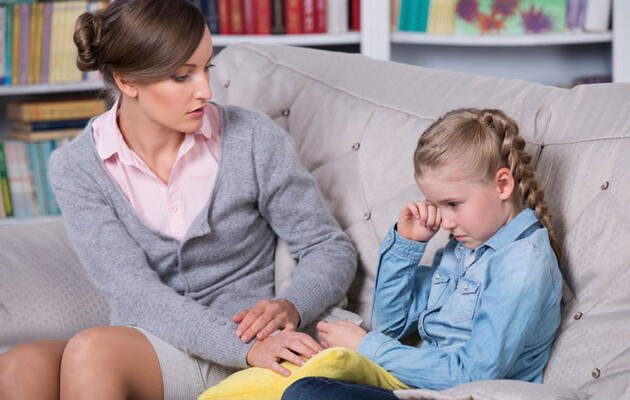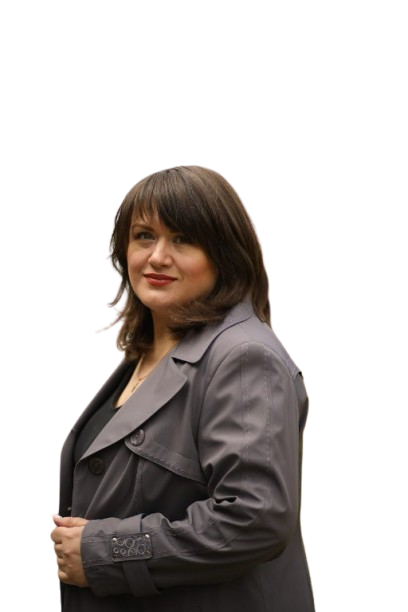Iryna Lukecha is an experienced psychotherapist, psychologist, and trainer with a strong background in international humanitarian work, trauma recovery, and psychosocial support. Since 2022, she has actively contributed to global mental health initiatives through her work with International Medical Relief (USA), where she currently serves as a Team Leader. Iryna also collaborates with refugee support foundations in Poland, working with children, families, and individuals with special needs, including autism and ADHD. Her diverse international training, including certification in Breath-Body-Mind Therapy (USA) and Psychosomatics (Ukraine), underpins her holistic and client-centered approach. She has also coordinated cross-border humanitarian projects supported by the Danish Government and Red Cross.
Psychological Support for a Displaced Woman: How Therapy Helps Regain Control Over Life
Relocating to a new country due to war is not just a change of residence — it’s an emotional challenge, trauma, and a loss of stability, identity, and future. This experience is especially painful for mothers who are saving their children, but at the same time struggle with feelings of guilt, loss, and helplessness. Psychologist Iryna Lukecha works with such cases through long-term therapy that combines emotional support, stabilization, self-help techniques, and building a new life strategy.
Case context
A client — a mother from Ukraine — approached the psychologist after fleeing abroad with her young children during the full-scale invasion. Despite knowing she had saved her family, the woman felt deep guilt, helplessness, and a lack of grounding. She could not adapt to the new country, saw no prospects, and suffered from intense anxiety, guilt toward her children, and a sense of personal loss.
Stages of Therapeutic Work
1. Emotional Stabilization
- Weekly individual therapy sessions
- Processing guilt related to evacuation
- Working with physical symptoms of anxiety and sleep disturbances
- Grounding and stabilization techniques, returning to the “here and now”
2. Adaptation in a New Country and Building Support
- Psychoeducation about trauma and its effect on motherhood
- Discussion of typical challenges faced by displaced persons
- Identifying local resources: social, educational, linguistic
- Creating a “safety map” of supportive people and systems
3. Regaining Control Over Life
Gradually, through homework, planning exercises, and refocusing on personal goals, the client began to regain a sense of agency and life direction.
- Setting short- and long-term goals
- Creating a structured weekly schedule
- Starting language learning for integration
- Enrolling in an educational program she had long postponed
Therapy Outcomes
- Reduced anxiety levels
- Decreased feelings of guilt toward children
- Reactivation of personal goals and self-identity
- Renewed belief in the future and meaning in daily actions
The client's feedback

Frequently Asked Questions
Question
How long does psychological adaptation after relocation take?
Answer
On average, it takes 2 to 6 months of weekly sessions. However, it depends on the complexity of the individual experience.
Question
Is it possible to let go of guilt when it feels justified?
Answer
Yes. In therapy, we don't reject emotions — we learn how to work with them and transform them into inner resources.
Question
Does it make sense to work with a psychologist when the situation is objectively difficult?
Answer
Precisely in such situations, support is especially needed. A psychologist helps you find inner anchors and restore a sense of control over life.
Thanks to consistent therapy with psychologist Iryna Lukecha, the client was able to cope with anxiety, regain inner strength, and take steps toward stabilization and adaptation. This case illustrates how psychological support is crucial for restoring everyday functioning and self-belief even after intense stress and loss.

































